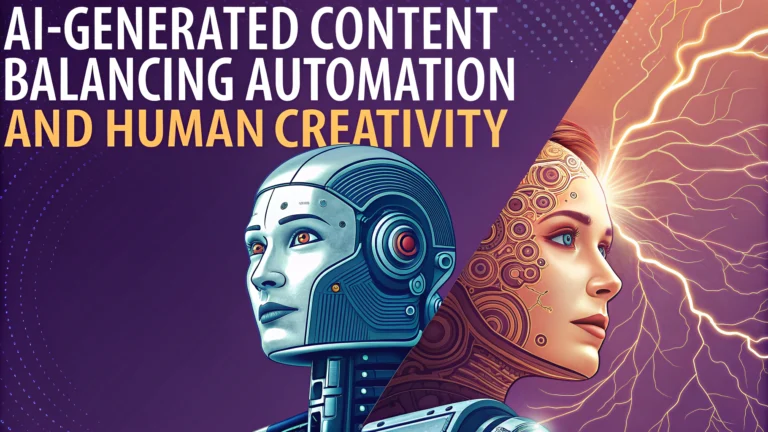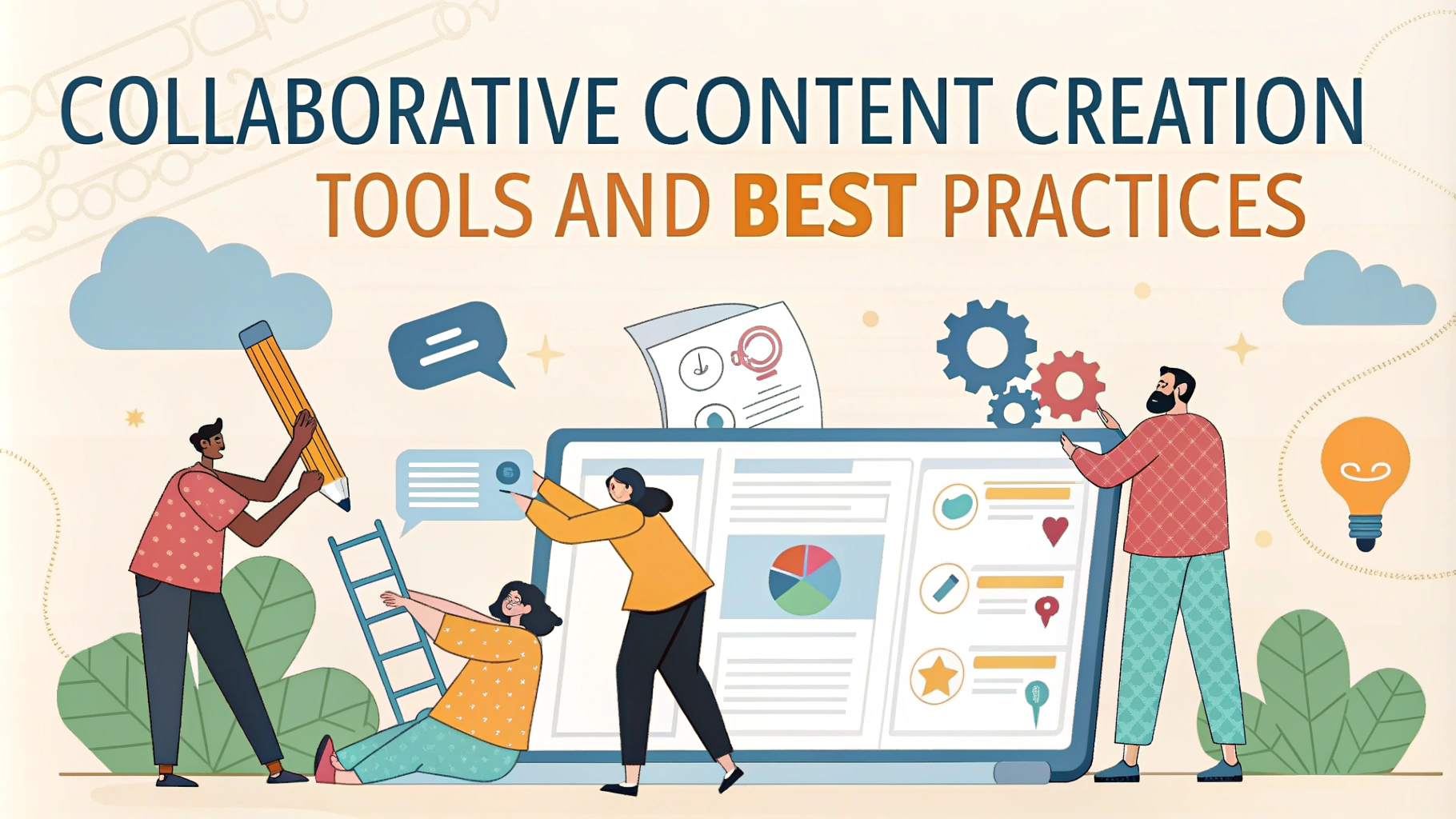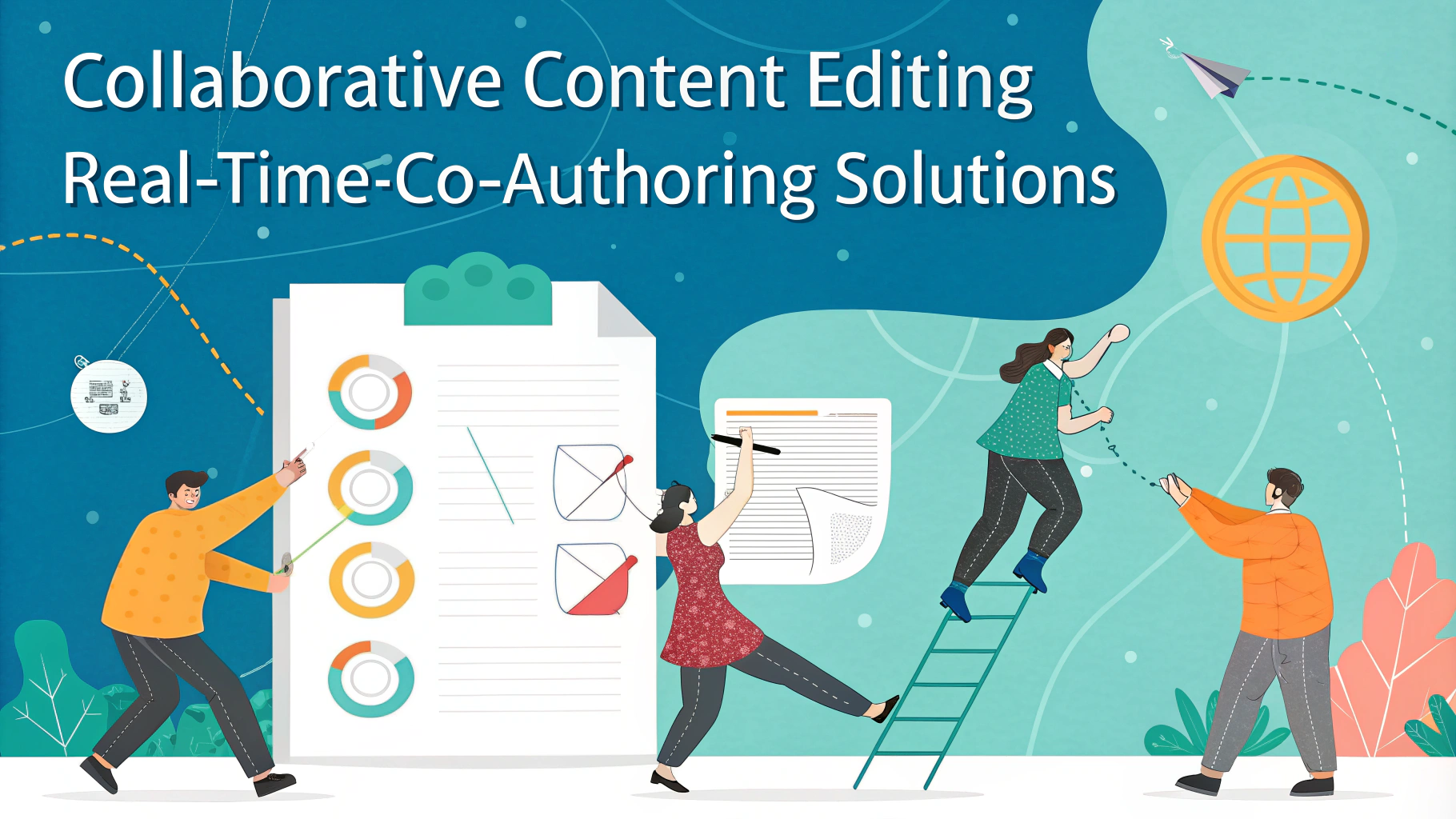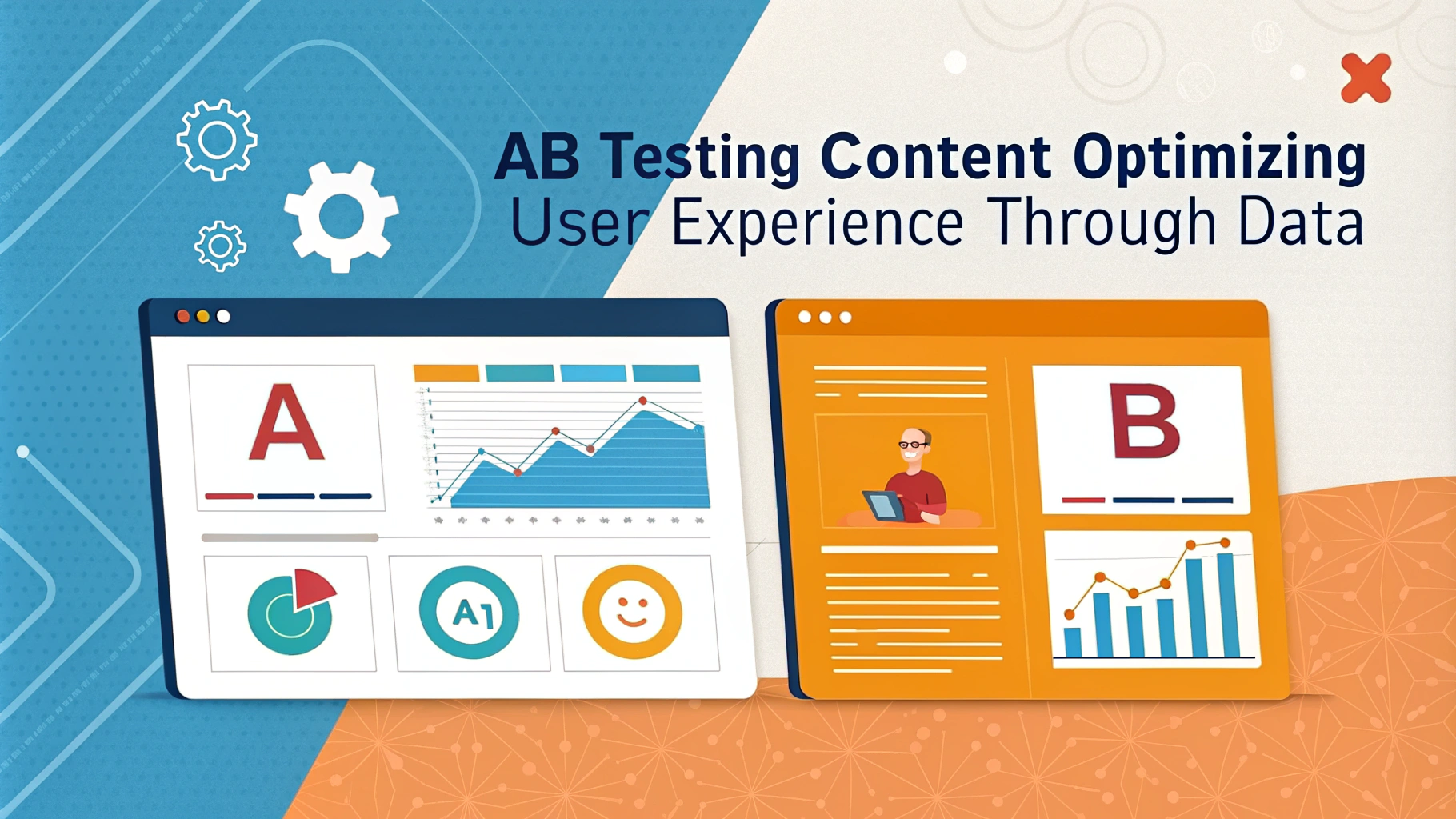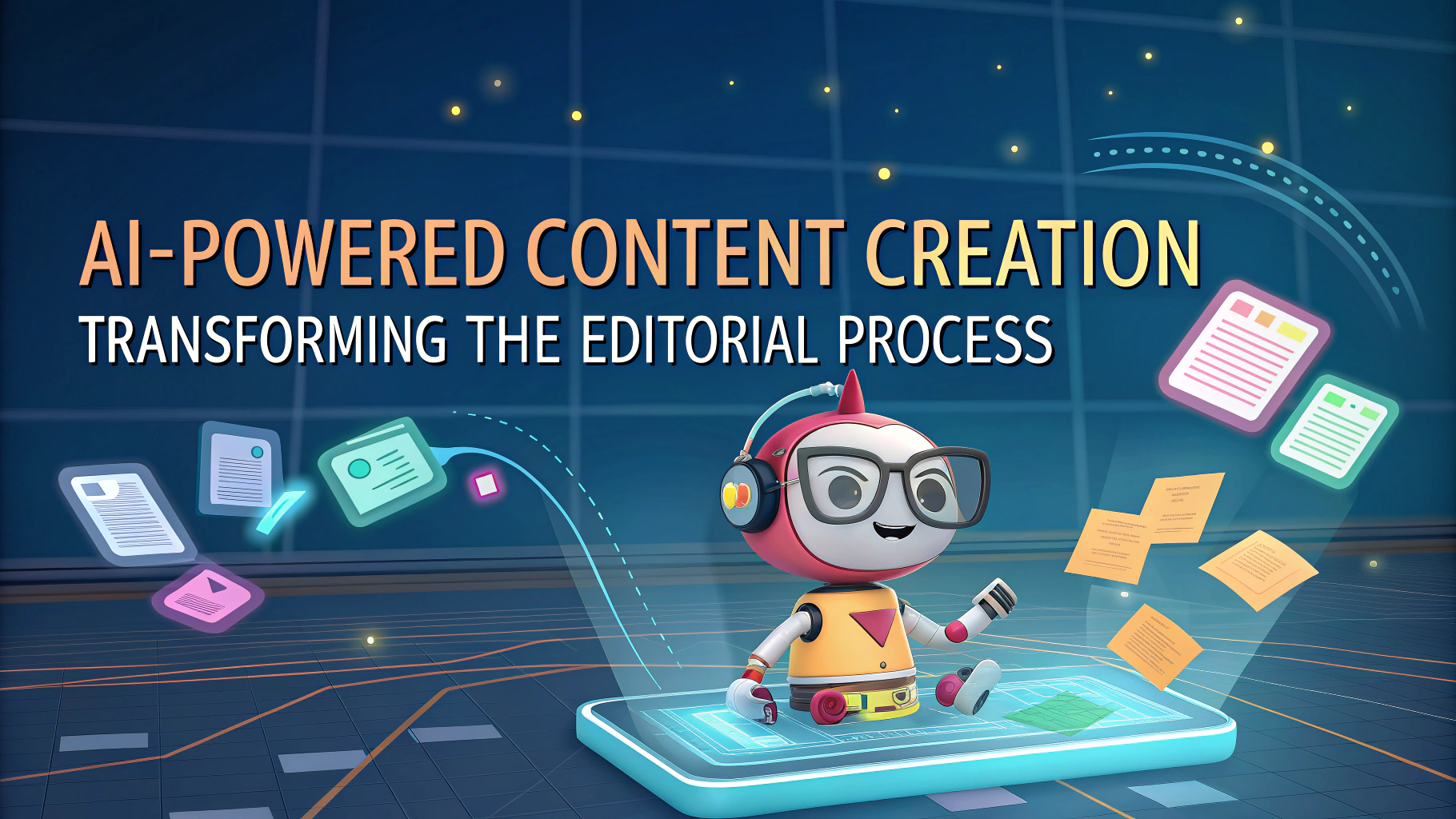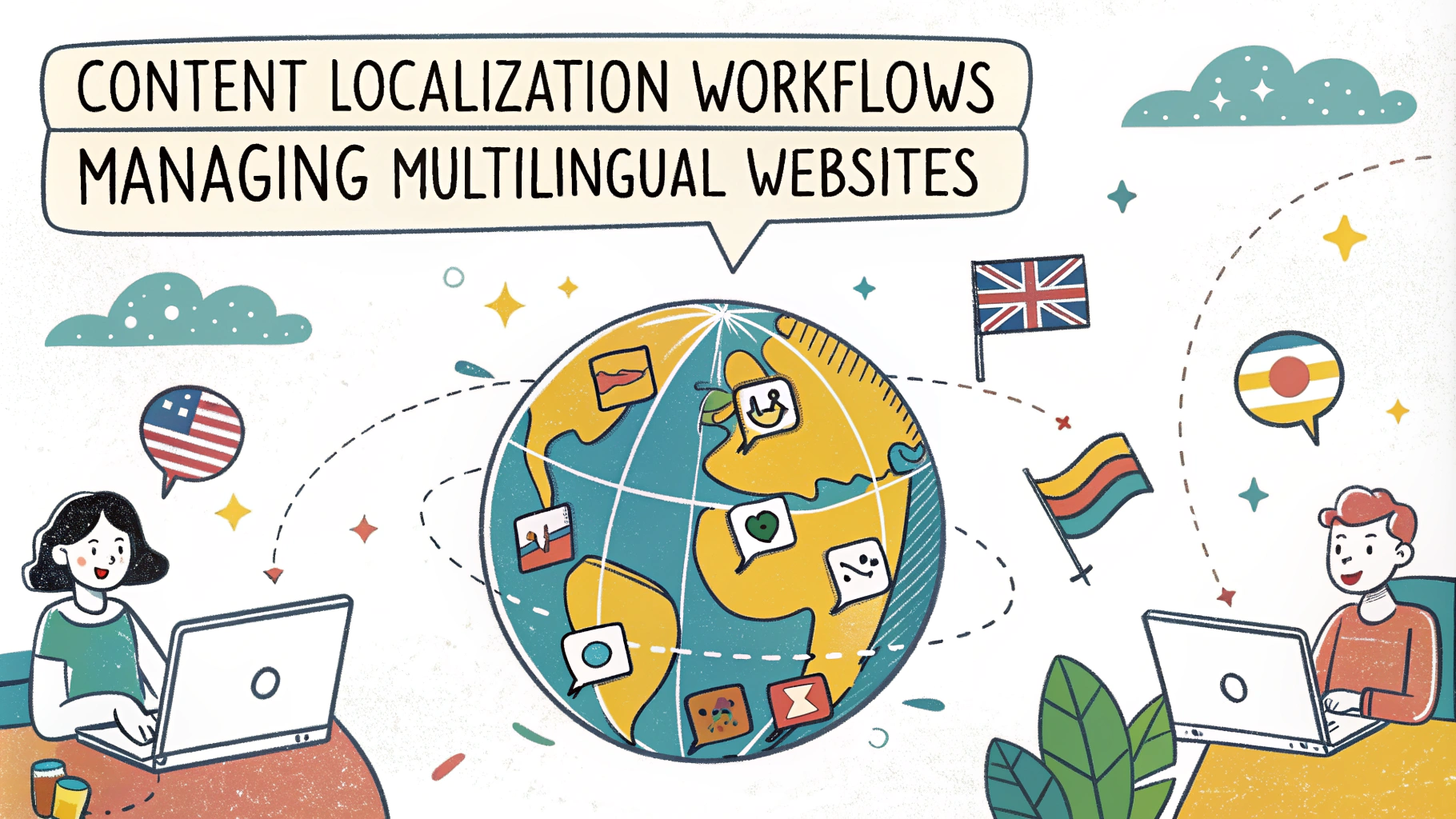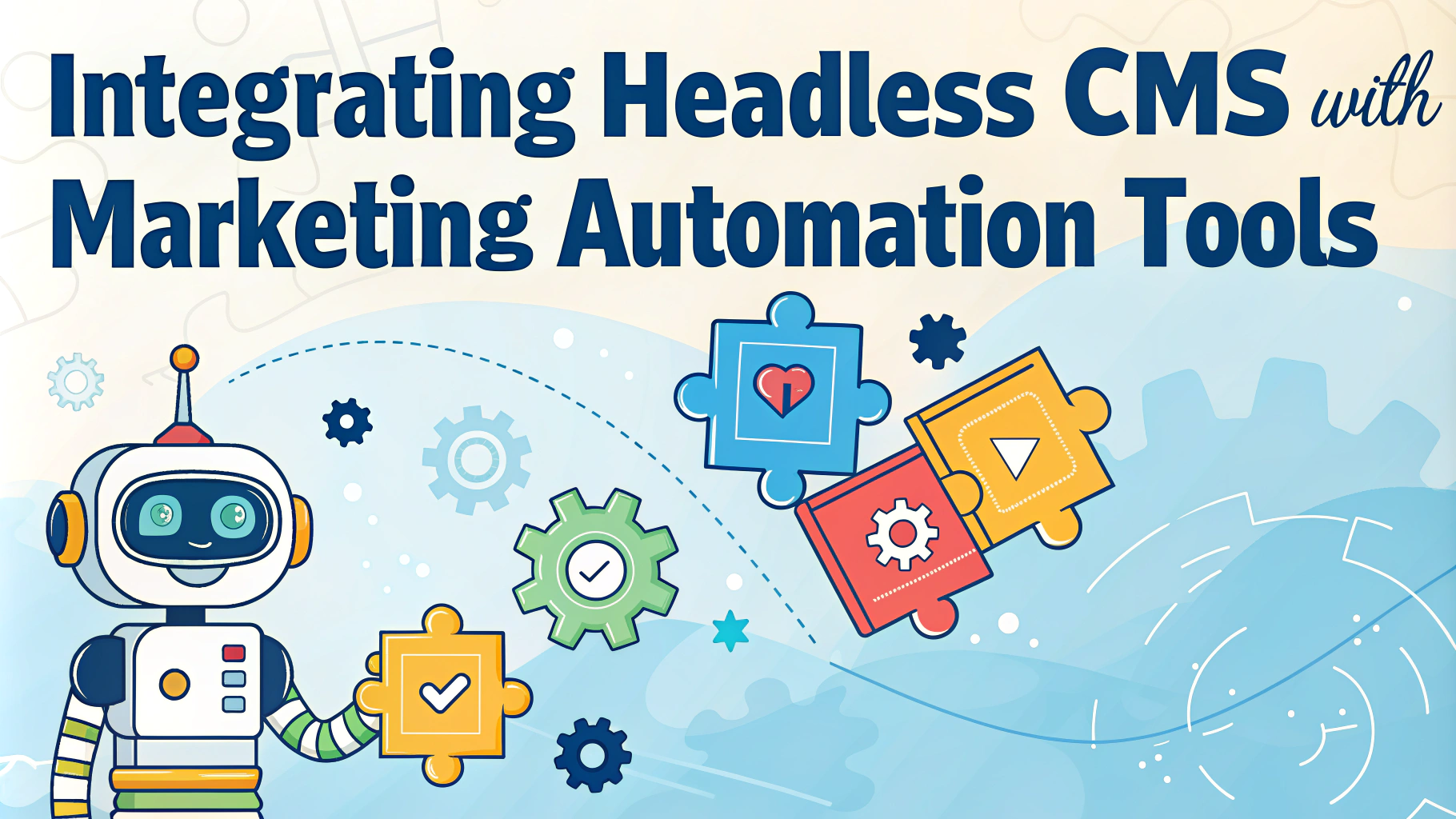AI-generated content is reshaping the digital landscape. This article explores how to balance automation with human creativity, maximizing efficiency while preserving the unique touch only humans can provide.
We’ll examine practical strategies for integrating AI into content workflows, discuss the role of machine learning in content creation, and offer tips for maintaining creativity in an increasingly automated world.
Understanding AI’s Role in Content Creation
AI has revolutionized content production, offering speed and scalability. However, it’s crucial to understand its capabilities and limitations.
- Content ideation: AI can generate topic ideas and outlines
- Data analysis: AI excels at processing large datasets for insights
- SEO optimization: AI tools can suggest keywords and optimize content structure
- Personalization: AI enables tailored content experiences for users
While AI streamlines many tasks, it lacks human empathy, creativity, and nuanced understanding of context.
Integrating AI into Content Workflows
Effectively incorporating AI into your content process can boost productivity without sacrificing quality. Consider these strategies:
- Use AI for research and data gathering: Save time by leveraging AI to collect and summarize information
- Implement AI-powered editing tools: Improve grammar, readability, and style consistency
- Automate repetitive tasks: Use AI for formatting, tagging, and metadata generation
- Employ AI for content distribution: Optimize posting times and channel selection
Remember to review and refine AI-generated content to ensure it aligns with your brand voice and messaging.
Preserving Human Creativity in an AI-Driven World
While AI offers numerous benefits, human creativity remains irreplaceable. Here’s how to nurture it:
- Brainstorming sessions: Encourage collaborative ideation without AI input
- Creative writing exercises: Regularly engage in free-writing or storytelling activities
- Cross-discipline inspiration: Draw ideas from art, music, or nature
- Emotional intelligence: Focus on aspects of content that require empathy and human connection
Use AI as a tool to enhance your creative process, not replace it. Let it handle mundane tasks, freeing up time for creative thinking.
Machine Learning in Content Optimization
Machine learning algorithms can significantly improve content performance. Here’s how:
| Application | Benefit |
|---|---|
| Audience segmentation | Tailored content for specific user groups |
| Content recommendation | Increased engagement and time on site |
| A/B testing | Data-driven optimization of headlines and CTAs |
| Predictive analytics | Forecast content performance and trends |
Implement machine learning gradually, starting with one or two applications. Monitor results and adjust your strategy accordingly.
Effective Keyword Research Techniques
Keyword research forms the backbone of successful SEO strategies. This guide explores proven techniques to uncover valuable keywords that drive traffic and conversions.
We’ll examine tools, methods, and best practices for identifying high-impact keywords. Learn how to analyze search intent, leverage long-tail phrases, and stay ahead of trending topics in your industry.
Analyzing Competitor Keywords
Studying your competitors’ keyword strategies can reveal untapped opportunities. Here’s how to do it effectively:
- Use competitor analysis tools: Platforms like SEMrush or Ahrefs provide insights into competitors’ top-performing keywords
- Identify content gaps: Look for keywords your competitors rank for that you haven’t targeted yet
- Analyze backlink profiles: Discover valuable keywords by examining the anchor text of competitors’ backlinks
Remember to adapt competitor insights to fit your unique brand voice and audience needs.
Leveraging Long-Tail Keywords
Long-tail keywords often have lower competition and higher conversion rates. Here’s how to find and use them:
- Use autocomplete features: Google’s search bar suggestions can reveal valuable long-tail phrases
- Explore “People Also Ask” sections: These questions often contain relevant long-tail keywords
- Analyze customer support queries: Common questions from your audience can inspire long-tail keyword ideas
- Use keyword research tools: Many tools offer long-tail keyword suggestions based on seed keywords
Incorporate long-tail keywords naturally into your content to address specific user queries and improve rankings.
Monitoring Keyword Trends
Staying on top of trending keywords can help you create timely, relevant content. Here’s how to track keyword trends:
- Use Google Trends: Monitor search interest over time and discover related queries
- Set up Google Alerts: Receive notifications for specific keywords or topics in your industry
- Follow industry news sources: Stay informed about emerging topics and potential keyword opportunities
- Analyze social media trends: Platforms like Twitter can reveal trending topics and hashtags
Regularly update your keyword list to include trending terms and phrases relevant to your audience.
Optimizing for Search Intent
Understanding and aligning with search intent is crucial for keyword success. Consider these factors:
| Search Intent Type | Content Strategy |
|---|---|
| Informational | Create comprehensive guides and how-to content |
| Navigational | Optimize brand-related keywords and landing pages |
| Transactional | Focus on product pages and conversion-oriented content |
| Commercial investigation | Develop comparison guides and product reviews |
Tailor your content to match the specific intent behind each keyword for better rankings and user satisfaction.
Conclusion
Effective keyword research is an ongoing process that requires a mix of tools, analysis, and creativity. By studying competitors, leveraging long-tail phrases, monitoring trends, and aligning with search intent, you can develop a robust keyword strategy that drives organic traffic and supports your SEO goals.
Remember to regularly review and refine your keyword list, adapting to changes in search behavior and industry trends. With these techniques, you’ll be well-equipped to uncover valuable keywords that resonate with your target audience and improve your search engine visibility.

